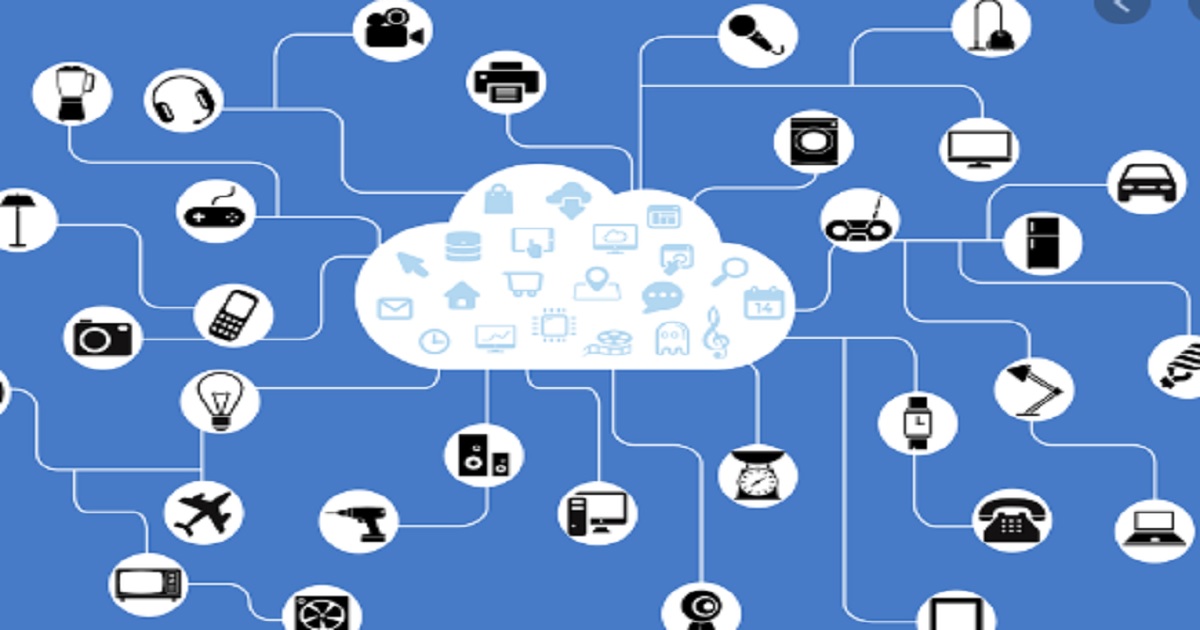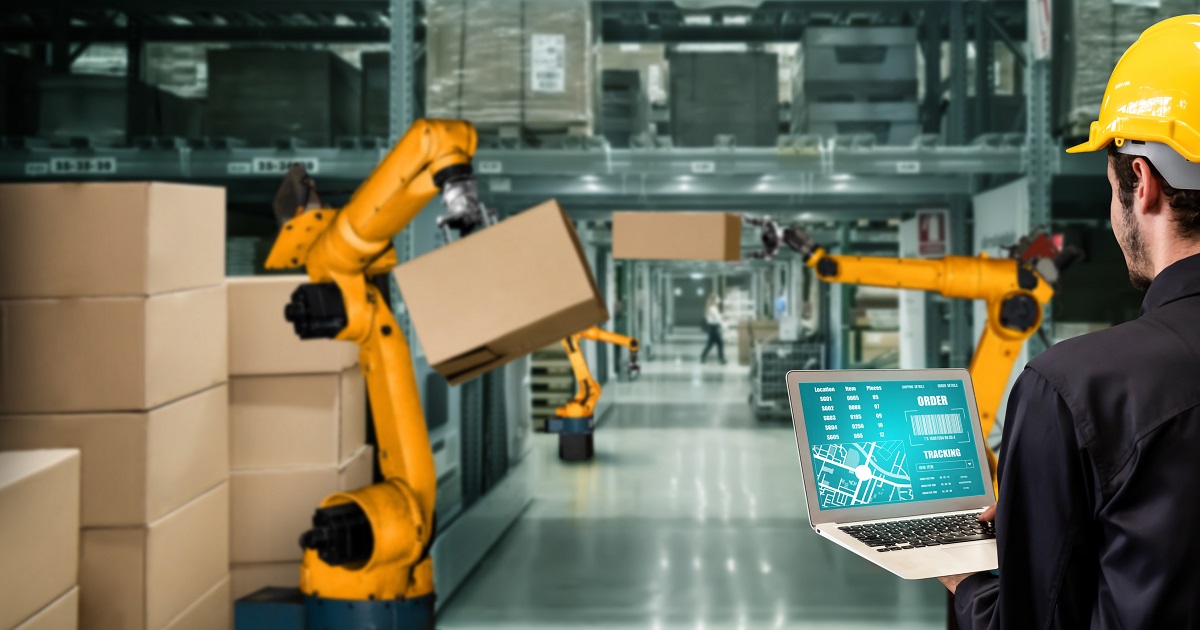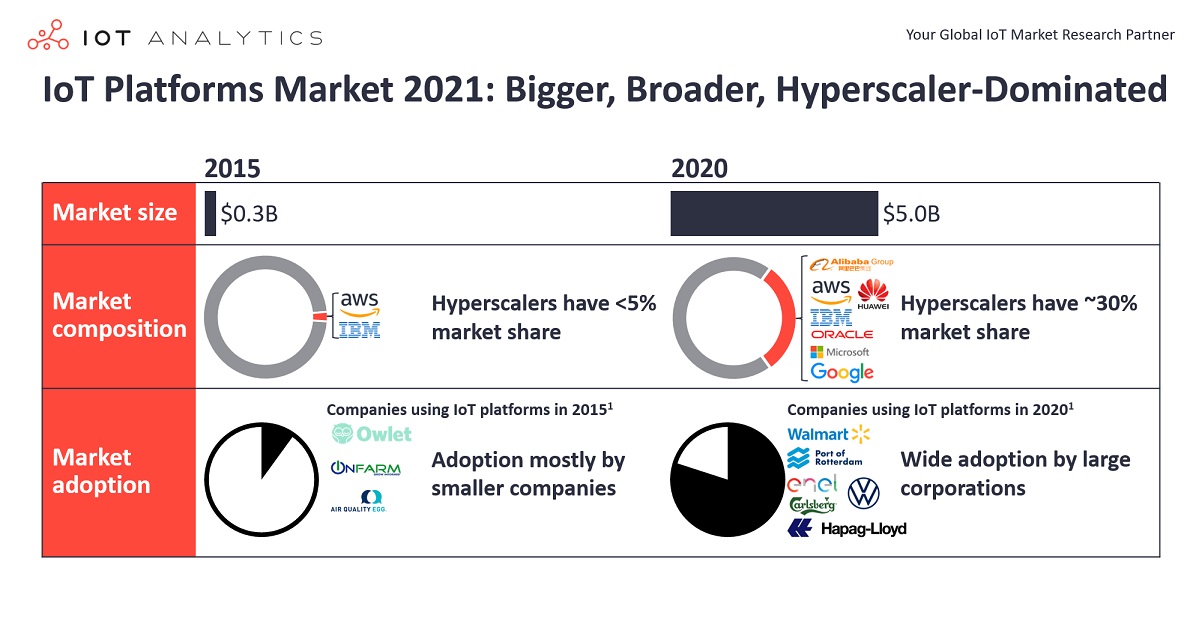
Industrial IoT, IoT Security
Article | July 12, 2023
Organizations around the world are coping with a variety of challenges related to the COVID-19 outbreak. Many companies are struggling to convert their processes from ‘in-office’ to ‘remotely accessible’. And, they’re scrambling to find new ways to “remote” tasks – with “remote” now becoming a verb. For example, we’ve heard from many customers that adding or expanding remote employee access capabilities is a hot topic. One such customer told us that they went from 9% of their workforce working remotely, to 52%. Wow! That’s not only a substantial change to operations and processes – it also directly impacts the company’s security posture. The challenge facing OT security practitioners is daunting. We absolutely must secure the people and systems responsible for saving mankind from an alien super-virus pandemic. But, while the bad guys are lobbing attacks from afar, the good guys are acting behind the scenes like NPCs (non-player characters). They’re bypassing the security systems we developed through years of hard work, like using Gmail or Zoom, or turning off anti-virus, in the name of getting things done.
Read More

IoT Security
Article | June 28, 2023
Introduction
Automation, interconnectivity, machine-learning, and real-time data are part of Industry 4.0, a new phase in the Industrial Revolution. Industry 4.0, which includes IIoT and smart manufacturing, combines physical production and operations with smart digital technologies. It creates a more holistic and linked environment for manufacturing and supply chain management organizations.
In today's production environment, "automation" has a new, more advanced meaning than it has in the past. Industry 4.0 refers to the necessity of lean, efficient operations and the function of sustaining and improving production. In contrast, IIoT distinguishes manufacturing gadgets from consumer products that can connect wirelessly to internal networks and the internet.
IIoT Powering the Fourth Industrial Revolution
Manufacturing, logistics, oil and gas, transportation, mining, aviation, energy, and other industries use the IIoT. Its main goal is to improve operations, mainly through process automation and maintenance. IIoT capabilities improve asset performance and allow for improved maintenance management. The introduction of Industry 4.0 technologies marked a significant milestone in the human-machine relationship's history. I4.0 was first talked about in 2011. Since then, it has proliferated because of new technologies such as cyber-physical systems, IT/OT convergence, AI/ML, Blockchain, and AR/VR.
Data is at the heart of the Fourth Industrial Revolution. The growth of the Internet of Things (IoT) is one of the main reasons behind this. The IoT is making a significant contribution in making businesses smarter and improving their workflows. Moreover, more data is being made and used by connected devices than ever before, from the home to the factory.
In order to thrive in the fourth industrial revolution, businesses must embrace new technologies. The general structure of IIoT applications is defined by standards-based industrial system architectures such as the Industrial Internet Consortium's Reference Architecture. Sensors and IoT devices, IoT middleware platforms, IoT gateways, edge/cloud infrastructures, and analytics applications are all part of the stack.
The Future of the IIoT
The Industrial Internet of Things (IIoT) is primarily regarded as one of the most significant current and future trends influencing industrial companies.
To comply with new rules, industries are rushing to upgrade their systems, machinery, and equipment. This is necessary to keep up with market volatility and deal with disruptive technologies.
Safety, efficiency, and profitability have all improved dramatically in industries that have adopted IIoT. As IIoT technologies become more widely adopted, this tendency is projected to continue.
Conclusion
The fourth industrial revolution has drastically altered our perceptions of things in the workplace. At a rapid rate, capitalists are becoming more interested in sophisticated ideas.
The way forward is to embrace existing and emerging technology throughout fundamental operations to unleash more enticing possibilities. It emphasizes the importance of comprehending the impact collaborative ecosystems can have as well as how they will become a major differentiator for generating value with a better-trained workforce.
Read More

IoT Security
Article | July 5, 2023
Learn more about IoT data protocols and what makes them essential for a cohesive IoT ecosystem. This article will provide a detailed view of data protocols and their importance for modern businesses.
1 Significance of IoT Data Protocols for Business Operations
IoT ecosystems form an integral part of many businesses today, and IoT data protocols serve as the foundation for seamless communication and data exchange between connected devices. IoT protocols ensure the integrity and reliability of data, empowering businesses to make informed decisions, optimize operations, enhance productivity, and drive innovation. With standardized and secure IoT protocols and standards, companies can achieve efficient data transmission and allow for scalability across diverse IoT ecosystems. Understanding and leveraging the right protocols is essential for businesses to benefit from the full potential of their IoT investments and gain a competitive edge in today's interconnected world.
2 Understanding IoT Data Protocols
IoT data protocols are standardized rules and formats that ensure efficient and secure data transmission for efficient IoT communication. By adhering to established protocols such as MQTT, CoAP, and AMQP, businesses can maintain interoperability, scalability, and robust data transmission of IoT data, ensuring efficient data storage and management for their IoT ecosystem. This, in turn, empowers organizations to monitor and control critical processes in real-time and make informed decisions.
2.1 Role of IoT Data Protocols in the IoT Ecosystem
The seamless functioning of an organization's IoT ecosystem relies on the pivotal role played by IoT data protocols. These protocols, serving as the communication backbone, enable secure transfer and efficient data processing, thereby facilitating the seamless exchange of information within the IoT network. Consequently, businesses operating within the IoT sphere can harness the power of reliable data communication enabled by these protocols to unlock insights that drive innovation. IoT data protocols serve as the vital link that fuels the interconnected landscape of IoT devices, elevating the efficiency and efficacy of businesses as they navigate the complex web of IoT technologies and leverage its immense potential.
2.2 Overview of Common IoT Data Protocols
The IoT data protocols come with their own set of applications and challenges. Understanding each protocol's individual use cases will help businesses set up and scale their IoT device ecosystems.
MQTT (Message Queuing Telemetry Transport): MQTT is a lightweight and efficient protocol designed for low-power devices and unreliable networks. It uses a publish-subscribe model, making it ideal for IoT applications where bandwidth and power consumption are crucial factors, such as remote monitoring and control systems.
CoAP (Constrained Application Protocol): For resource-constrained IoT devices, CoAP is designed to enable smooth communication over the Internet. It uses a client-server model and is suitable for IoT applications where devices have limited processing power and memory, such as smart home automation, environmental monitoring, and healthcare systems.
HTTP (Hypertext Transfer Protocol): Although primarily designed for web applications, HTTP is also used in IoT systems for data transmission. The ubiquity and familiarity of HTTP make it a widely supported communication protocol. As a result, it is suitable for IoT devices that require high-level interoperability in applications that involve cloud integration, data analytics, and web-based control interfaces.
AMQP (Advanced Message Queuing Protocol): AMQP is a flexible messaging protocol ensuring reliable, secure, and interoperable communication between IoT devices and back-end systems. It supports both publish-subscribe and point-to-point messaging models, making it suitable for IoT scenarios involving complex routing, large-scale deployments, and enterprise integrations.
Zigbee: Zigbee is a wireless protocol designed specifically for low-power, short-range communication in IoT networks. It operates on the IEEE 802.15.4 standard and is known for its energy efficiency and mesh networking capabilities, leading to its widespread adoption in home automation, intelligent lighting, and industrial control systems.
3 Considerations for Choosing the Right IoT Data Protocol
Selecting a suitable IoT data protocol is essential to maintain smooth interoperability and a unified IoT ecosystem. Compatibility with existing infrastructure is crucial for seamless integration and cost-effective implementation. Security measures must also be robust to protect sensitive data from unauthorized access and potential breaches. Additionally, scalable and flexible data protocols in IoT are vital to accommodate future growth and evolving business requirements. Furthermore, the protocol's reliability and efficiency in transmitting data should align with the use case of IoT systems. Finally, considering the protocol's industry adoption and standardization level will also help minimize risks and enhance interoperability.
4 In Summary
IoT data protocols play a significant role in facilitating efficient and secure business operations within the IoT ecosystem. By learning more about the use cases of the most common protocols in the industry, businesses can consider factors such as compatibility, security, scalability, and reliability while choosing the most suitable option for their business. As IoT systems grow, more complex and reliable data protocols will emerge, paving the way for enhanced connectivity, interoperability, and transformative opportunities across various industries.
Read More

Article | June 8, 2021
5 years ago, when we forecasted that the IoT platforms market would have a 5-year compound annual growth rate (CAGR) of 35%, we wondered if our growth projection was unrealistically high.
5 years later, it has become apparent that the forecast was actually too low. The IoT Platforms market between 2015 and 2020 grew to be $800 million larger than we forecasted back in early 2016, resulting in a staggering 48% CAGR.
Comparing what we “knew” back in 2016 to what we know today provides some clues as to why the market exceeded expectations so much. 5 years ago, no one really knew what an IoT platform was, let alone how big the market would be, which business models would work, how architectures would evolve, and which companies/industries would adopt them. The only thing that was “known” was that the IoT platforms market was a billion dollar “blue ocean” opportunity ready to be captured by innovative companies.
Read More